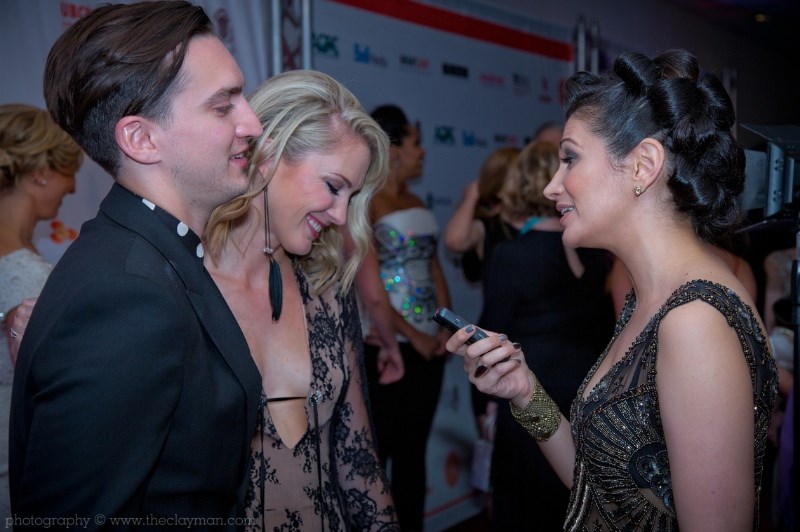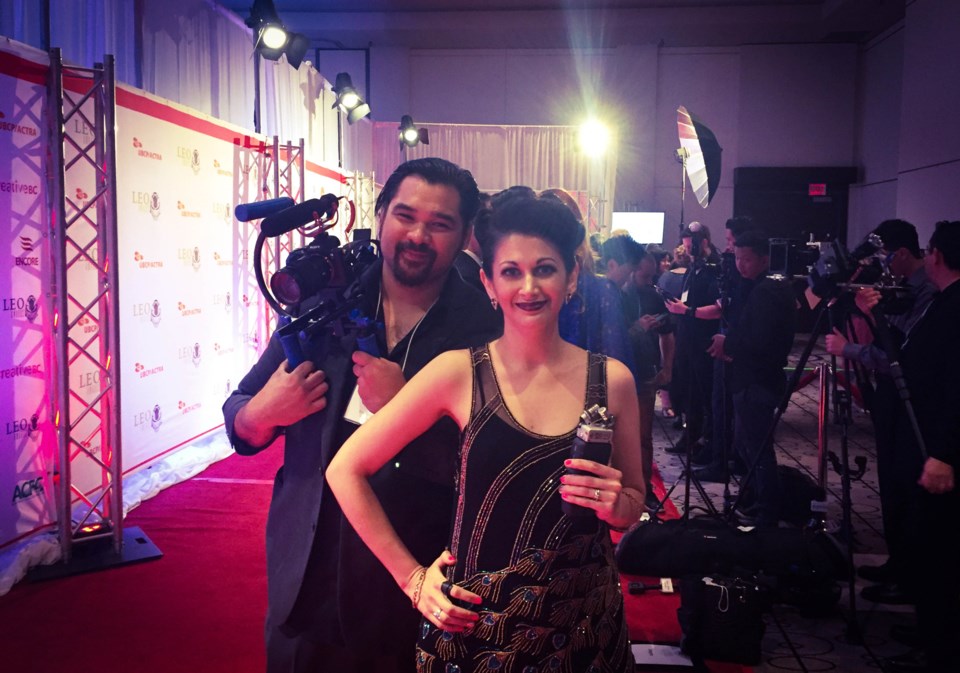In the parlance of the film and television industry: that’s a wrap for Reel People.
I’ve been sharing these screen scene stories with you for five years now, four under the Reel People banner. The aim has always been to pull back the curtain on Vancouver’s multi-billion-dollar film and television industry and reveal its beating heart: the people who power it.
After five years of soul-churning conversations, I can say with utter certainty that I’ve been changed by the reel people I’ve met and the stories heard and told – and so for this final outing together, I share with you some of the lessons I’ll be carrying with me as the end credits roll:

Human stories fuel screen stories.
Strip away the visual effects and the explosions and the marketing machine from the film industry, and what you’re left with are human beings telling stories for other human beings. I’ve come to understand that the space between a storyteller and the stories they tell is minute, and the most powerful stories and performances are fuelled by real life – like Inconceivable, the hilarious web series about a surprise pregnancy that is based on filmmaker Joel Ashton McCarthy’s deep-dive into parenthood, and Down River, Ben Ratner’s profoundly moving feature film about three women wading through grief that was inspired by the loss of his friend, industry legend Babz Chula – not to mention the countless instances where a performer has made bold acting choices based on their off-screen life.

Screen stories can impact larger conversations.
My search for the story behind the screen story has led to articles about pregnancy loss, reconciliation, depression, poverty, sexism, racism, ageism, grief, #metoo, murdered and missing Indigenous women, what it means to be an outsider and a newcomer, and all manners of love. Film is community-driven art that can drive change – and thoughtful filmmakers can take a difficult and sprawling topic and distill it down so that it is less intimidating for audiences to ponder. Examples: Charles Wilkinson’s recent housing crisis documentary Vancouver: No Fixed Address; A Better Man, in which filmmaker Attiya Khan converses with the ex-boyfriend who abused her; and On the Farm, Rachel Talalay’s searing feature film about the women preyed upon by serial killer Robert Pickton, and the systemic racism that supported his years-long murder spree. In order to crash through glass ceilings or heal from profound trauma, we have to understand how we arrived where we are – and carefully crafted films contribute to that understanding.
Even when the service side of the industry is slow, Vancouver film and television workers shine bright.
Reel People was born during the hungry days of the #SaveBCFilm campaign, when the service side of the industry dried up and studios around town sat empty. But even though American money was in short supply, many artists in the local industry used the down time to create independent works. Down River, Afterparty, and innumerable web series and shorts were created during the industry slowdown – so many that the Vancouver International Film Festival launched its wildly popular BC Spotlight series to showcase these stories. Today, the service side of the industry is busier than ever before, but those dark days revealed that our local screen scene workers don’t need a ton of money in order to tell stories that matter. They just need the will and the community and the space to tell them (but seriously, money helps).
Ideas around success typically change over the course of a career.It’s one of my favourite questions to ask during interviews – “What’s your idea of success now, and how has it changed over the course of your career?” – because it really does change. Many actors say they got into the industry in order to make it big, and that that line of desire can’t sustain a career, especially once you get what you wanted in the first place. As Chelah Horsdal (Man in the High Castle) said in 2015: “[My idea of success] ten years ago [was], ‘This is it, I’ve booked a guest star, this is success.’ Now, that’s just a part of my career. I think success now is space in my life for the rest of my life to happen while my career continues.” The journey is usually the reward – or, as Aleks Paunovic (War for the Planet of the Apes) told me in October of this year, “Success is working and being present in the moment and doing what you love with great people.”
Local stories matter. I’m passionate about the Vancouver screen scene in general –and the independent scene in particular – because local stories matter. They matter because they hold a mirror up to who we are, and because it’s healthy and important to peer into that mirror and face the beauty (and the ugliness) therein. It’s the only way we grow. Local stories for your watch list: Meditation Park; True Heroines; Shut Up and Say Something; Luk’Luk’I; Bad City; The Road Forward; Greece; For Dear Life.
Reel People is wrapped, but my journey as a purveyor of film and television stories continues with a new project launching January 8 (follow @sabrinarmf for details) – and, from my heart, thank you for reading Reel People.


